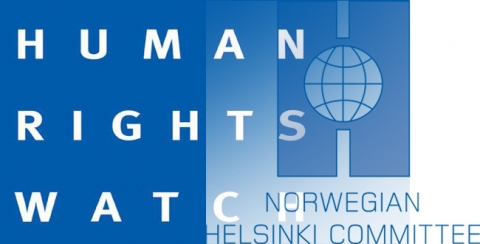Freedom from Torture
Civil Society Coalition against Torture and impunity in Tajikistan

The government’s persecution in Tajikistan of its domestic opposition in recent months has reportedly been relentless and systematic.
A briefing paper issued by Human Rights Watch (HRW) and the Norwegian Helsinki Committee (NHC) on February 17 documents how the hunt for critics of Tajik authorities is extending far beyond the country’s borders.
Recent research by Human Rights Watch and the Norwegian Helsinki Committee reportedly uncovered a wide-ranging campaign by Tajik authorities to detain, imprison, and silence peaceful opposition activists and perceived critics at home and abroad. Dushanbe has sought the detention and forcible return to Tajikistan of peaceful political activists in Belarus, Kyrgyzstan, Kazakhstan, Moldova, Russia, Turkey, and elsewhere.
Since a wave of arrests that began on September 16, Tajik and other observers, including the United States Commission on International Religious Freedom, estimate that Tajik police and security services have arrested hundreds of members of the Islamic Revival Party on politically motivated charges, according to the report. A major trial of 16 senior party leaders began on February 9, 2016.
The paper says the authorities have also targeted lawyers, journalists, and ordinary citizens who have posted statements critical of the government of President Emomali Rahmon on social media. Hundreds of perceived critics and their family members have fled the country, according to observers’ estimates. Some have been tortured in detention.
Tajikistan should immediately and unconditionally release everyone imprisoned on politically motivated charges, Human Rights Watch and the Norwegian Helsinki Committee said. It should also allow the Islamic Revival Party, Group 24, and other peaceful opposition groups to operate freely and exercise the freedoms of assembly, association, expression, and religion, in accordance with international human rights norms and Tajikistan’s constitution.
Tajik authorities should ensure all detainees and prisoners their due process rights, including access to counsel of their choosing and visits with relatives. Tajik authorities should also meaningfully investigate all allegations of torture and enforced disappearances, including disclosing the whereabouts of those forcibly disappeared. Tajik authorities should also immediately stop persecuting lawyers who seek to represent opposition members, HRW and NHC said.